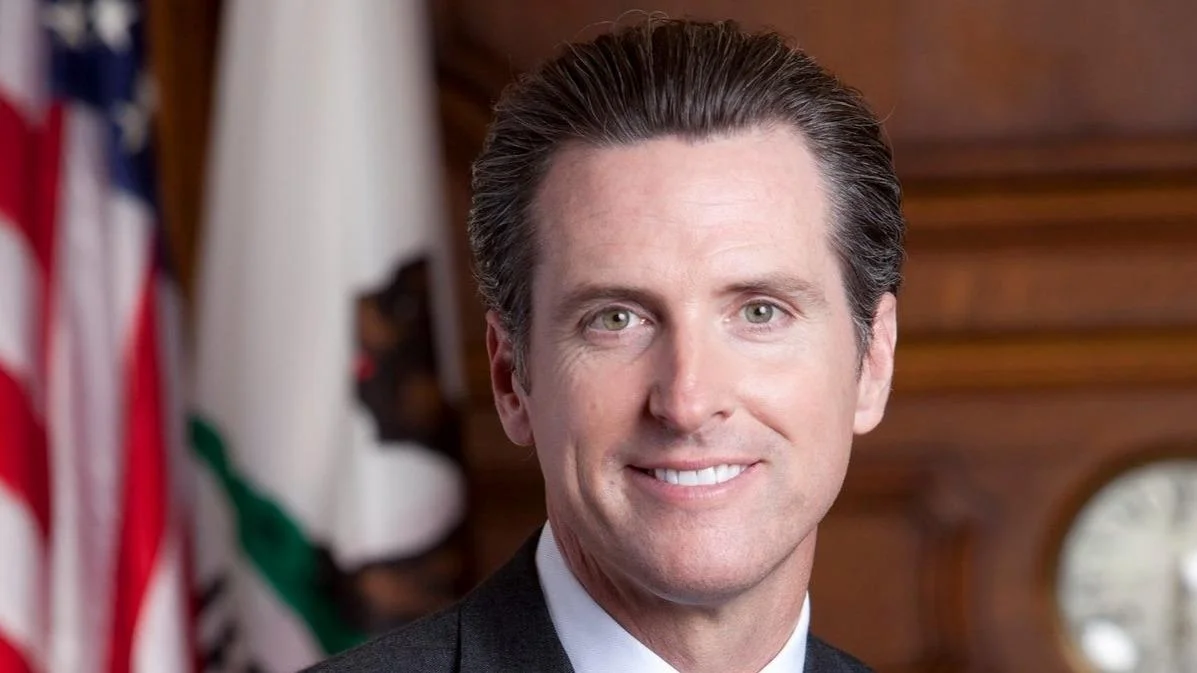
Gavin Newsom, Governor of California | Official website
As House Republicans prepare to vote on President Trump's tax bill, concerns are being raised about its potential impact on American families. The bill, described by Trump as "big beautiful," is seen as a significant tax break for the wealthiest Americans, potentially at the expense of programs relied upon by many citizens.
Starting in 2029, individuals earning $30,000 or less annually may face a tax increase, while the top 0.1 percent could receive an average tax cut of $309,000. The plan includes a temporary "no taxes on tips" program set to expire in 2028. In contrast, the tax cuts for the ultra-wealthy are designed to be permanent.
Critics argue that this bill represents a betrayal by cutting essential programs and opportunities for middle-class families. These include health care and access to higher education.
The National Association of Building Trades Unions (NABTU) has expressed concern over job losses due to the elimination of clean energy tax credits from the Inflation Reduction Act. NABTU stated that this could be "the biggest job-killing bill in the history of this country."
Federal Medicaid funding cuts totaling $28.4 billion could increase medical debt and affect healthcare providers' operations in California alone. Nationally, more than 11 million people might lose health insurance coverage due to Medicaid reductions and changes in premium subsidies.
Public safety funding is also at risk with proposed cuts affecting agencies such as FEMA, FBI, CISA, ATF, DEA, and BIA Public Safety and Justice.
Programs related to wildfire prevention and Planned Parenthood face defunding under this proposal. Additionally, penalties for hybrid or electric vehicle owners could increase costs for those choosing environmentally friendly options.
The bill may limit college access by reducing financial aid options like Pell Grants and ending student loan deferment programs during financial hardships.
Lastly, billions may be allocated towards expanding immigration enforcement efforts across agricultural areas and Southern California despite public support for pathways to citizenship for immigrants contributing positively to communities.
 Alerts Sign-up
Alerts Sign-up